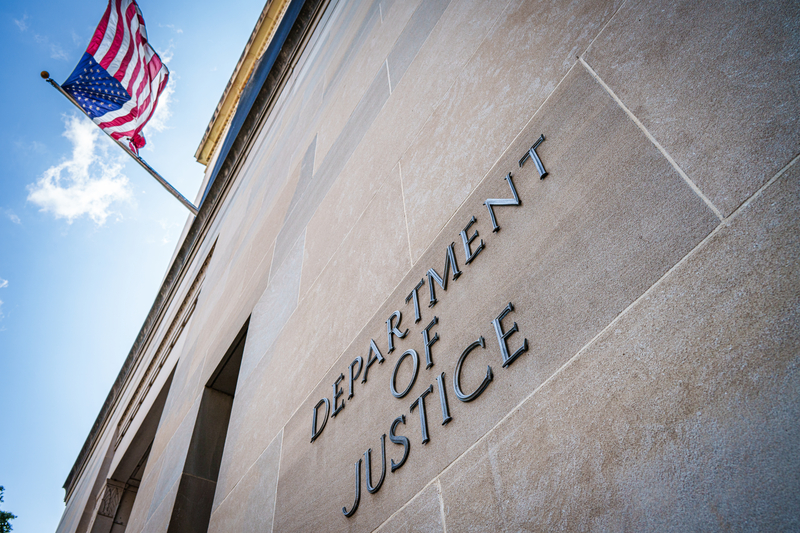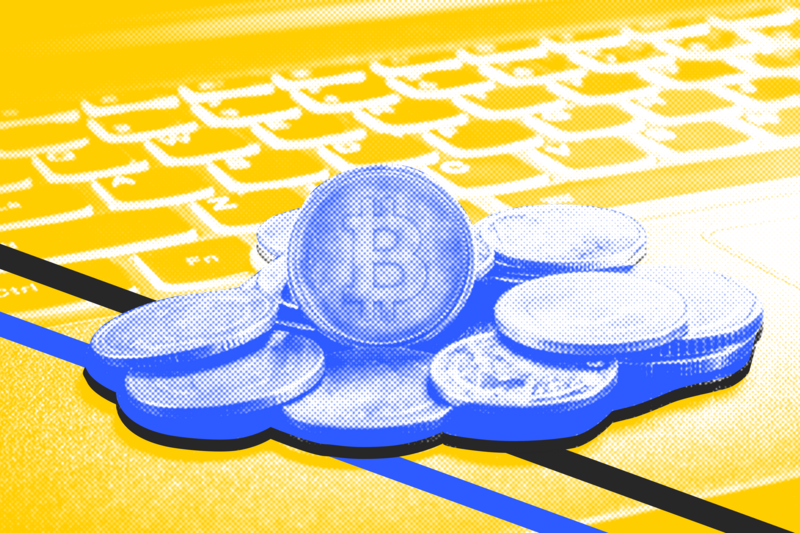Senator Warren’s Digital Asset Anti-Money Laundering Act rallies support, SEC continues crackdown, and Australia comes down on major exchange.
Senators back Warren digital assets bill
A number of US senators have stood behind Senator Warren’s Digital Asset Anti-Money Laundering Act. Roger Marshall, Joe Manchin, and Lindsey Graham are among those expressing support for the bipartisan bill.
“Following the September 11, 2001 terrorist attacks, our government enacted meaningful reforms that helped the banks cut off bad actors’ from America’s financial system. Applying these similar policies to cryptocurrency exchanges will prevent digital assets from being abused to finance illegal activities without limiting law-abiding American citizens’ access,” Senator Roger Marshall said. “Our common-sense bill will make it harder for criminals to finance their criminal activities, like the trafficking of illicit fentanyl through the dark web, that can harm innocent Kansans.”
The Treasury Department, Department of Justice, and other national security and financial crime experts have warned that digital assets are increasingly being used for money laundering, drug trafficking, ransomware attacks, theft and fraud schemes, terrorist financing, and other crimes, saying “rogue nations” like Iran, Russia, and North Korea as use them to fund illegal weapons programs.
Senator Warren introduced the bill in December last year, and said at the time: “Crypto is enabling rogue nations, drug lords, ransomware gangs, and fraudsters to launder billions in stolen funds, evade sanctions, fund illegal weapons programs, and profit from devastating cyberattacks. Our expanding coalition shows that Congress is ready to take action – our bipartisan bill is the toughest proposal on the table cracking down on crypto’s illicit use and giving regulators more tools in their toolbox.”
The Digital Asset Anti-Money Laundering Act would:
- Extend Bank Secrecy Act (BSA) responsibilities, including Know-Your-Customer requirements, to digital asset wallet providers, miners, validators, and other network participants that may act to validate, secure, or facilitate digital asset transactions.
- Address a major gap with respect to “unhosted” digital wallets – which allow individuals to bypass AML and sanctions checks – by directing FinCEN to finalize and implement its December 2020 proposed rule, which would require banks and money service businesses (MSBs) to verify customer and counterparty identities, keep records, and file reports in relation to certain digital asset transactions involving unhosted wallets or wallets hosted in non-BSA compliant jurisdictions.
- Direct FinCEN to issue guidance to financial institutions on mitigating the risks of handling, using, or transacting with digital assets that have been anonymized using digital asset mixers and other anonymity-enhancing technologies.
- Strengthen enforcement of BSA compliance by directing the Treasury Department to establish an AML/CFT compliance examination and review process for MSBs and other digital asset entities with BSA obligations and directing the Securities and Exchange Commission and Commodity Futures Trading Commission to establish AML/CFT compliance examination and review processes for the entities they regulate.
- Extend BSA rules regarding reporting of foreign bank accounts to include digital assets by requiring United States persons engaged in a transaction with a value greater than $10,000 in digital assets through one or more offshore accounts to file a Report of Foreign Bank and Financial Accounts (FBAR) with the Internal Revenue Service.
- Mitigate the illicit finance risks of digital asset ATMs by directing FinCEN to ensure that digital asset ATM owners and administrators regularly submit and update the physical addresses of the kiosks they own or operate and verify customer and counterparty identity.
“Banks and banker associations have expressed their support for the greater transparency and more uniform regulatory approach Senator Warren’s bill would bring the cryptocurrency space,” says GRIP’s US Content Manager, Julie DiMauro. “Since cryptocurrency businesses argue that they have a legitimate place in the transactions arena as the US dollar, they should also be agreeing to abide by the same standards that USD transactions and financial services businesses do when it comes to monitoring for criminal activities.”
SEC warns of more charges against exhanges
The SEC has said it will continue to press charges against crypto exchanges, despite several setbacks in cases against Coinbase and Binance.
David Hirsch, head of the SEC’s Crypto Assets and Cyber Unit, has said the agency will continue its focus on charging crypto exchanges and DeFi projects.
“We’re going to continue to be active as to intermediaries,” Hirsch said. “That can be brokers, dealers, exchanges, clearing agencies or any others who are active in this space, are within our jurisdiction and not meeting their obligations, either through registration or failure to provide adequate or complete disclosures.”
Kraken Australia sued
The Austrialian Securities and Investments Committee (ASIC) said this week it had commenced civil penalty proceedings in the Federal Court against Bit Trade Pty Ltd, provider of the Kraken crypto exchange to Australian customers.
ASIC reiterated that entities providing crypto-related products should be aware they may be providing financial products, which would render them subject to design and distribution obligations (DDO).
“These proceedings should send a message to the crypto industry that products will continue to be scrutinised by ASIC to ensure they comply with regulatory obligations in order to protect consumers,” Sarah Court, Deputy Chair of ASIC, said. “ASIC’s action should be a reminder of the importance to comply with the design and distribution obligations so that financial products are distributed to consumers appropriately.’
Kraken has faced various fines in several other jurisdictions.

















